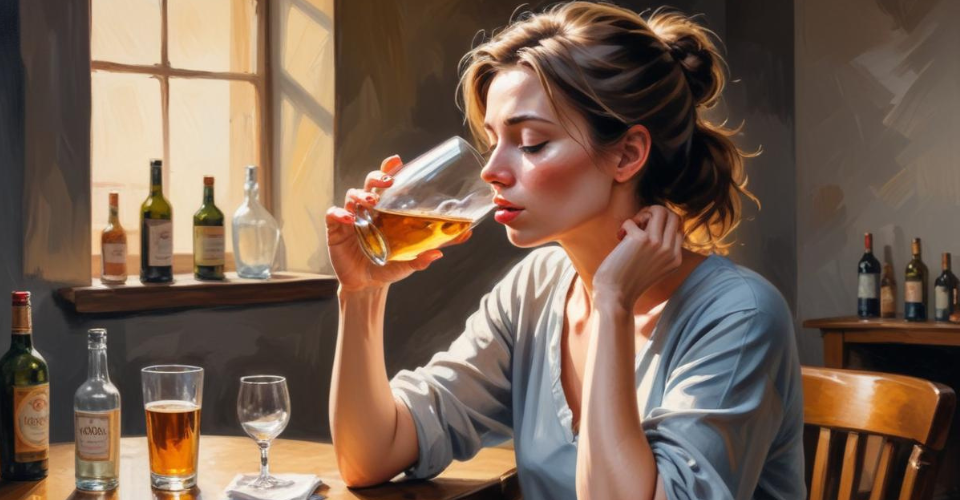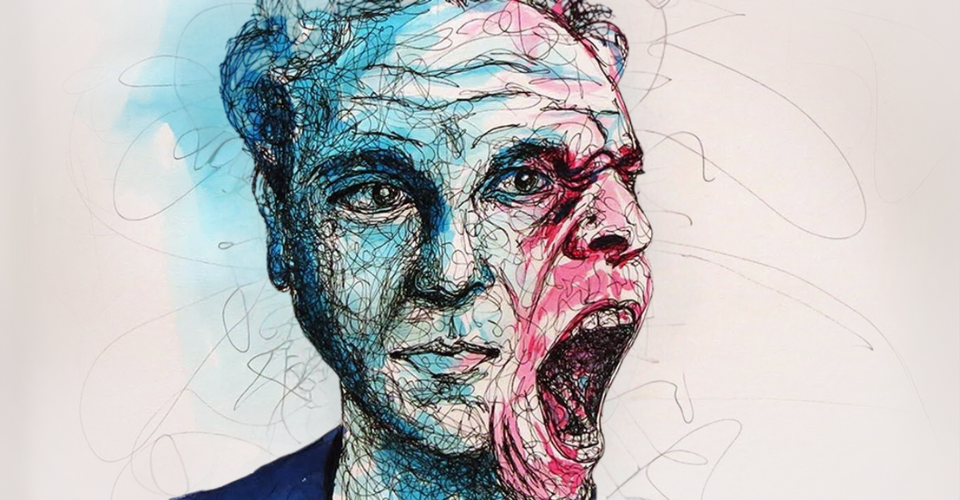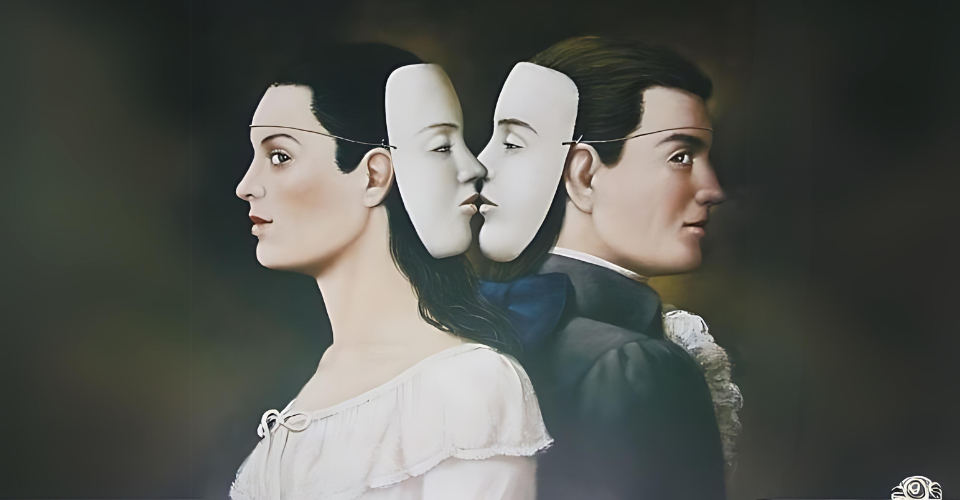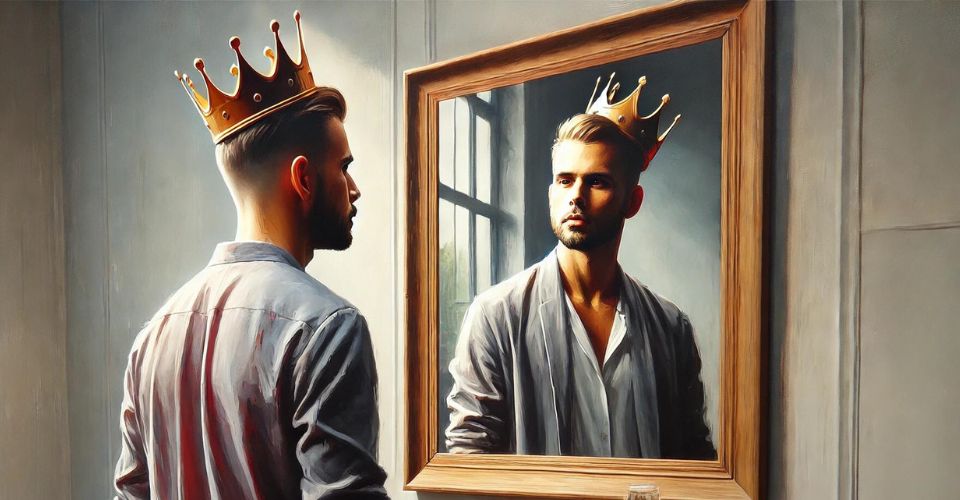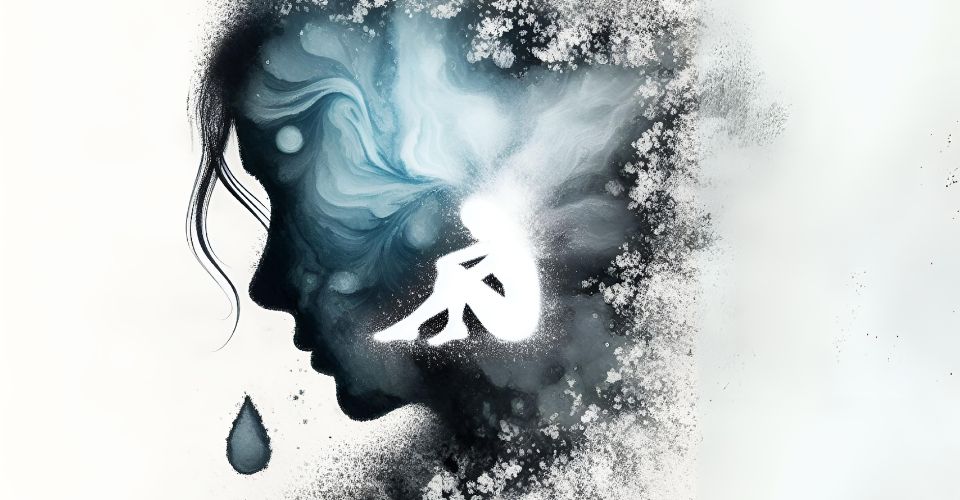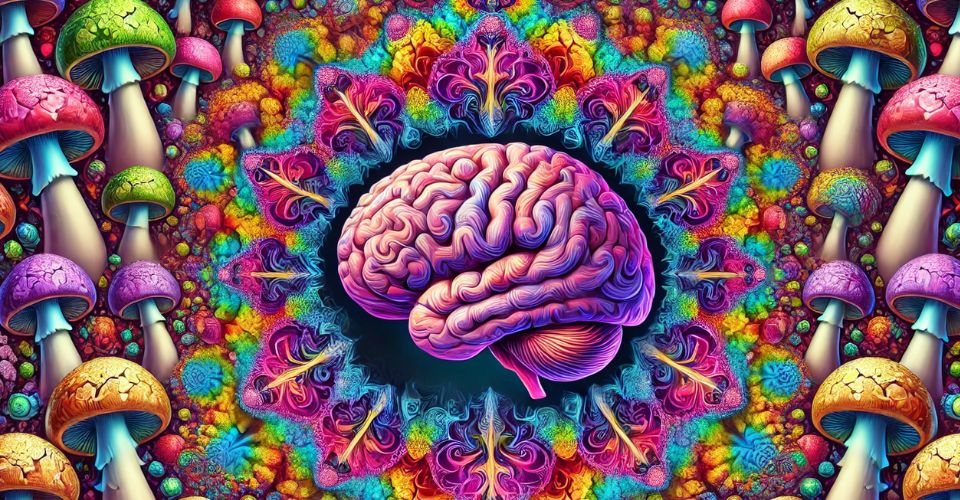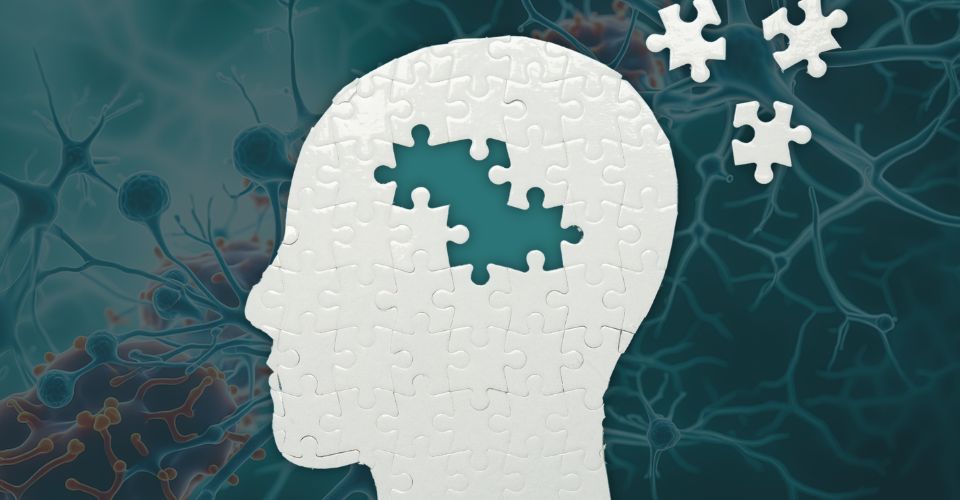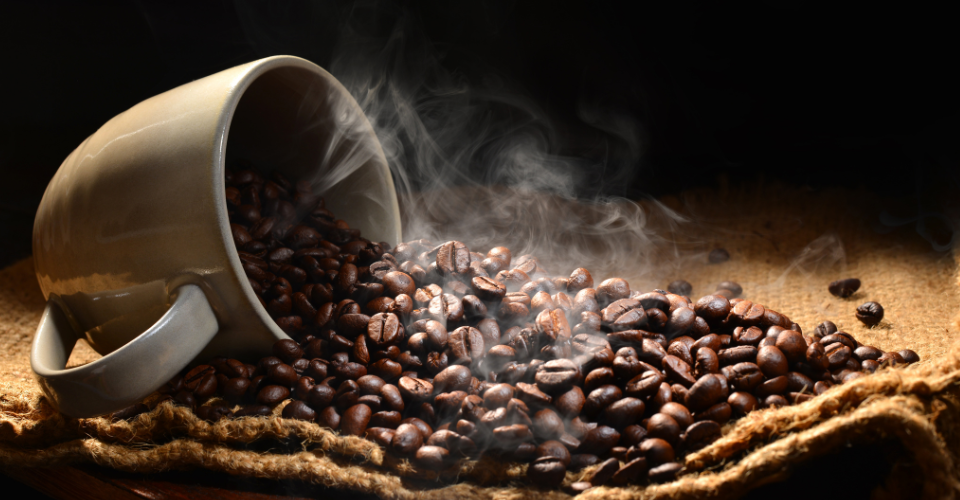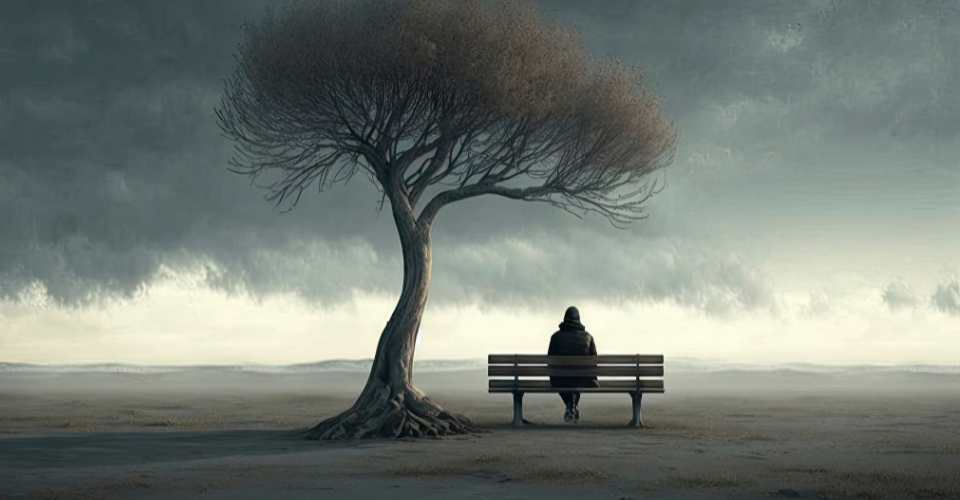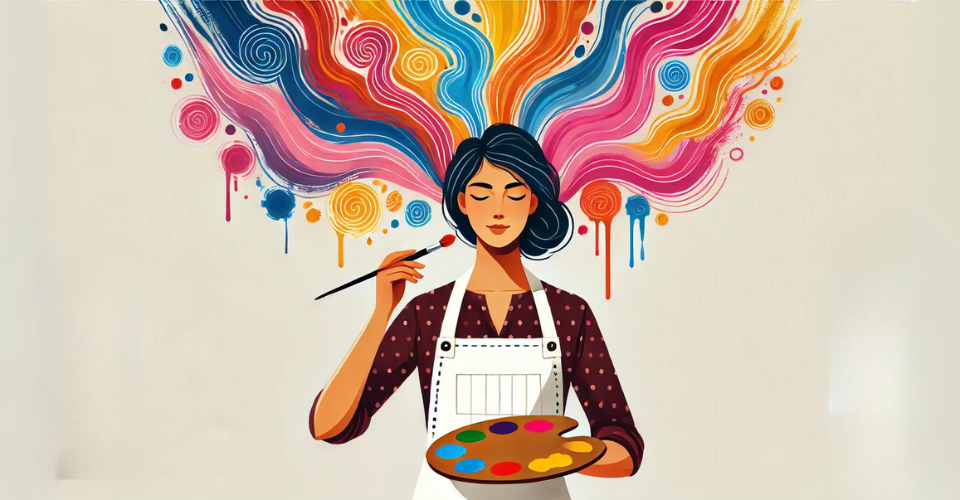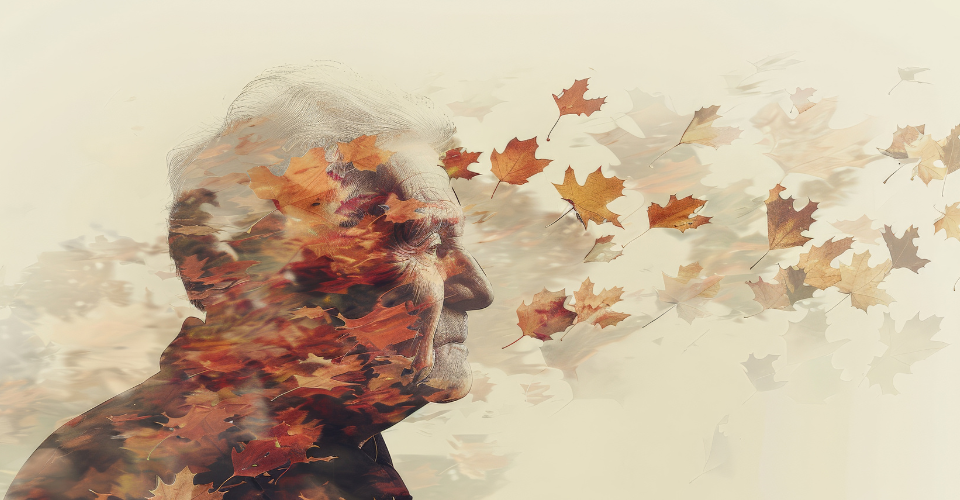In the realm of creativity, the relationship between artistic pursuits and mental health has long been a topic of fascination.
Comedians like Robin Williams and famous painters like Van Gogh are known to have grappled with inner turmoil.
However, groundbreaking research from Aberystwyth University has brought a surprising revelation to light that magicians’ mental health appear away from the psychological challenges that plague many other artists.
Published in the journal BJPsych Open, this study delves into the psychological traits of 195 magicians and compares them with data from 233 individuals from the general population, as well as other creative groups.
The findings are striking, revealing that magicians are significantly less likely to experience three key measures of psychosis or degrees of losing contact with reality when compared to artists, musicians, and comedians.
Moreover, magicians are less prone to hallucinations or cognitive disorganization, which can hinder concentration.
Dr. Gil Greengross, from Aberystwyth University’s psychology department, likens magicians’ mental health profiles more to those of mathematicians and scientists than to traditional artists.
He explains, “The results demonstrate that the association between creativity and psychopathology is more complex than previously thought.”
He notes that different types of creative work can be associated with either high or low psychoticism or autistic traits.
One distinguishing factor for magicians is the precision required in their performances. Unlike other artists, magicians cannot easily recover from mistakes, as magic tricks typically culminate in an ‘Aha’ moment of surprise and wonder.
Dr. Greengross elaborates, “Failed magic tricks leave a greater impact than unfunny jokes and are harder to compensate for as they are few and far between.”
“In addition to requiring highly technical skills, regardless of the type of magic performed, the high stakes of magic performances make magicians a unique creative group to study amongst all artistic professions.”
What sets magicians apart from many other creative individuals is that they both create and perform their own magic tricks. Most creative groups fall into one of two categories: creators or performers.
For instance, poets, writers, composers, and choreographers create works to be consumed or performed by others, while actors, musicians, and dancers interpret the creations of others.
Magicians, however, occupy a rare space by being both creators and performers of their craft.
Notably, magicians scored low on impulsive nonconformity, a trait associated with anti-social behavior and lower self-control.
This characteristic is often valuable for creative groups like writers, poets, and comedians, whose acts often challenge conventional wisdom and push boundaries.
In contrast, magicians’ acts, while creative and surprising, typically require a high degree of precision and control.
This study challenges the conventional wisdom that creativity and mental health struggles are inseparable.
Magicians, with their unique blend of creativity, precision, and control, seem to defy the norm, suggesting that different forms of creative expression can have varying impacts on mental well-being.
While artists, musicians, and comedians may wrestle with inner demons in their pursuit of creativity, magicians find their strength in the precision of their craft and the high stakes of their performances.
The implications of this research extend beyond the world of magic. It underscores the need for a nuanced understanding of the relationship between creativity and mental health.
The stereotype of the tortured artist may not apply universally, and mental health support should be tailored to the specific needs of each creative discipline.
As we continue to explore the intricate interplay between creativity and mental well-being, the resilience of magicians serves as a captivating example of how certain forms of artistic expression can foster psychological strength and stability.
The next time you witness a magician’s mesmerizing act, you may be witnessing not only a moment of wonder but also a testament to the unique mental fortitude of those who wield the magic wand.





